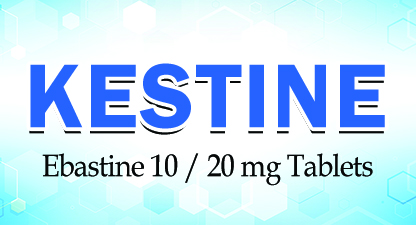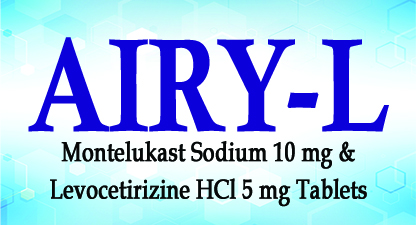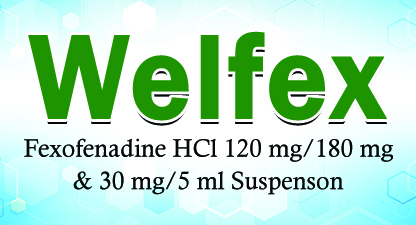KESTINE
Ebastine is a H1 antihistamine with low potential for causing drowsiness. It does not penetrate the blood–brain barrier to a significant amount and thus combines an effective block of the H1 receptor in peripheral tissue with a low incidence of central side effects. It is indicated mainly for allergic rhinitis and chronic idiopathic* urticaria*.
- Categories : Anti-Allergic
- Share Now :
Allergy holding you back from enjoying…..
KESTINE
Generic Name: Ebastine
Therapeutic Category: Anti-allergy
Pharmacological Class: Selective H1 antagonist (Second Generation)
Composition: Kestine 10
Each film coated tablet contains Ebastine BP 10 mg.
Kestine 20
Each film coated tablet contains Ebastine BP 20 mg.
Pregnancy Category: B
Presentation: Available in the pack size as 10 tablets X 10 blisters
Mechanism of Action
Ebastine, a piperidine derivative, is a long-acting, non-sedating, second-generation histamine receptor antagonist that binds preferentially to peripheral H1 receptors. It is a prodrug* and is metabolised to active metabolite, carebastine. It has antihistaminic, anti-allergic activity and prevents histamine-induced bronchoconstriction. It does not have significant sedative or antimuscarinic actions.
Indications
- Allergic Rhinitis
- Pruritus
- Dermographic Urticaria*
- Idiopathic Chronic Urticaria
- Acquired cold urticaria
Dosage
Route of administration: Oral
Adult: 10-20 mg once daily.
Child: >6 years: 5 mg once daily.
Pharmacokinetics
Absorption: Rapidly absorbed after oral administration
Metabolism: Hepatic
Protein binding: Approximately 95%
Route of elimination: Renal
Half-life: 15-19 hours
Adverse Effects
Common side effects are: Headache, Dry mouth, Drowsiness, Pharyngitis, Abdominal pain, Dyspepsia, Asthenia*, Epistaxis*, Rhinitis, Sinusitis, Nausea, and Insomnia
It does not have systemic anticholinergic side effects and does no cause sedation.
Contraindications
KESTINE is contraindicated in the following situations:
- Hypersensitivity to Ebastine or any of its ingredients
- Cardiac arrhythmia
Precautions
- Hypokalemia*
- Hepatic impairment
- Renal impairment
Drug Interactions
Concomitant use of ketoconazole, itraconazole, clarithromycin or erythromycin may increase plasma levels of ebastine and cause QTc interval prolongation
*Terminologies:
Idiopathic: Relating to or denoting any disease or condition which arises spontaneously or for which the cause is unknown.
Urticaria: A kind of skin rash with red, raised, itchy bumps.
Prodrug: A medication or compound that, after administration, is metabolized (i.e., converted within the body) into a pharmacologically active drug.
Dermographic Urticaria: Also known as dermographism, dermatographism or "skin writing; is an exaggerated wealing tendency when the skin is stroked.
Asthenia: Abnormal physical weakness or lack of energy.
Epistaxis: Bleeding from the nostril, nasal cavity, or nasopharynx.
Hypokalemia: The condition when blood's potassium levels are too low.





